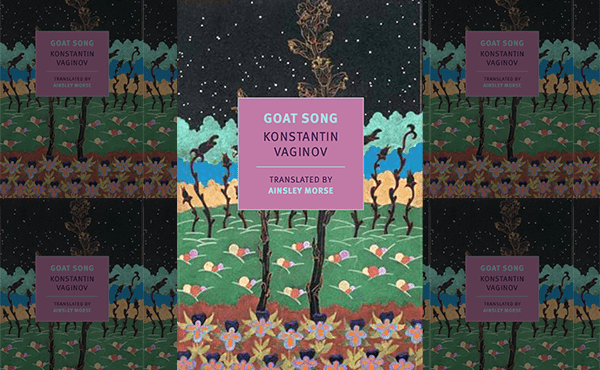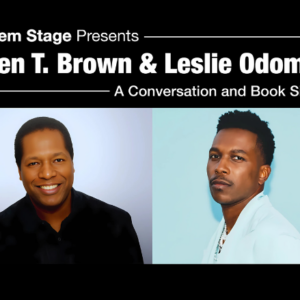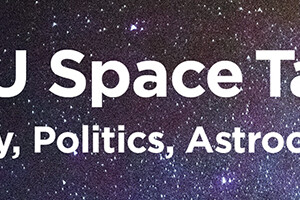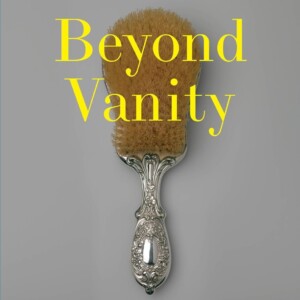
Book Presentation. Konstantin Vaginov: “Goat Song”
Please join the Harriman Institute for a presentation of the book “Konstantin Vaginov. Goat Song” (NYRB, 2025) with presentations by Edwin Frank, Ainsley Morse, Geoff Gebula, and Polina Barskova. Moderated by Mark Lipovetsky.
Konstantin Vaginov was an early and exemplary figure of Soviet modernist writing in all its agonized and glorious contradictions. Born into an educated middle-class family at the turn of the century, Vaginov came of age with the Bolshevik revolution. His novels of the late 1920s and early 1930s are daringly experimental and tragically nostalgic, mourning the irrevocable loss of prerevolutionary intellectual culture with mercilessly ironic prose. Hopelessly adrift in the brave new Soviet world, Vaginov’s protagonists attempt to conjure the recent and distant past by stockpiling old books and songs, vulgar baubles and bad jokes, newspaper clippings, coins, and graffiti.
This volume contains two novels. The first, Goat Song, is an ironically literal translation of the Greek word “tragedy” (tragodia—goat song). It features thinly veiled portraits of Vaginov’s contemporaries, the luminaries and leftovers of the once-flourishing Petersburg, Petrograd, and Leningrad arts community, as they flounder and self-destruct in their new bracingly materialist circumstances. Echoing Gogol, Dostoyevsky, and Bely, Goat Song is both a classic Petersburg city text and its swan song: “Now there is no Petersburg. There is Leningrad; but Leningrad has nothing to do with us—the author is a coffin-maker by trade, not a cradle expert.”
The second novel, Works and Days of Wistlin, follows the nonchalant novelist Wistlin as he unscrupulously mines the lives of his friends and fellow citizens for literary material. Like the flea-market trinkets hunted by Goat Song’s marginal figures, Wistlin’s eccentric and frivolous victims are yesterday’s relics and nobody’s concern. His exploitation of human material is a wry commentary on the concurrent efforts to industrialize and collectivize the Soviet economy, at a horrific human cost.
Registration REQUIRED by 4pm on February 6, 2025 in order to attend this event.




